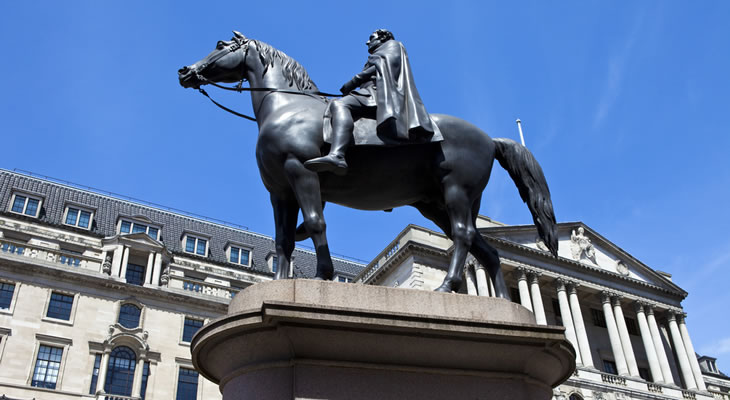Demand for the Euro continued to weaken in the wake of Emmanuel Macron’s victory in the French presidential election, with markets cautious over the chances of his En Marche! movement securing a parliamentary majority.
Comments from European Central Bank (ECB) President Mario Draghi failed to offer much encouragement to investors, meanwhile, maintaining the same neutral policy bias as usual.
This reaffirmed the likelihood of the central bank leaving monetary policy on hold for some time to come, in spite of the strength of recent domestic data.
As Draghi noted:
‘Underlying inflation pressures continue to remain subdued and have yet to show a convincing upward trend. The domestic drivers of inflation, namely wages, are not yet responding to the recovery and the narrowing output gap. Maintaining the current very substantial degree of monetary accommodation is still needed for underlying inflation pressures to build up and support headline inflation in the medium term.’
In response the Euro Pound exchange rate trended lower, with the outlook of the single currency looking decidedly bearish.
Although fresh UK data was decidedly lacking on Wednesday the Pound was still able to benefit from the weakness of its European rival.
Brexit-based volatility remained limited even as the general election campaign continued to rattle on, with the Conservatives still forecast to return to power with a larger majority.
The mood towards Sterling was somewhat muted, however, thanks to the proximity of the Bank of England’s (BoE) May policy meeting and quarterly Inflation Report.
While April’s raft of PMIs suggested that the UK economy started the second quarter on a stronger footing this is unlikely to have materially shifted the outlook of policymakers.
With noted hawk Kristin Forbes due to depart the Monetary Policy Committee (MPC) in June the BoE looks set to maintain its generally neutral policy bias.
Even if inflationary forecasts point towards a continued acceleration in price pressures the odds of the BoE returning to a monetary tightening cycle in the near term are unlikely to increase.
Further downside pressure could weigh on the Pound if the NIESR gross domestic product estimate for the three months to April indicates a continued slowdown in growth.
Confidence in the Euro may recover ahead of the weekend if the first quarter German Gross Domestic Product offers further evidence of strong growth in the Eurozone’s powerhouse economy.
Despite the persistently cautious tone of the ECB a solid showing here could boost the appeal of the single currency in the short term.


Comments are closed.